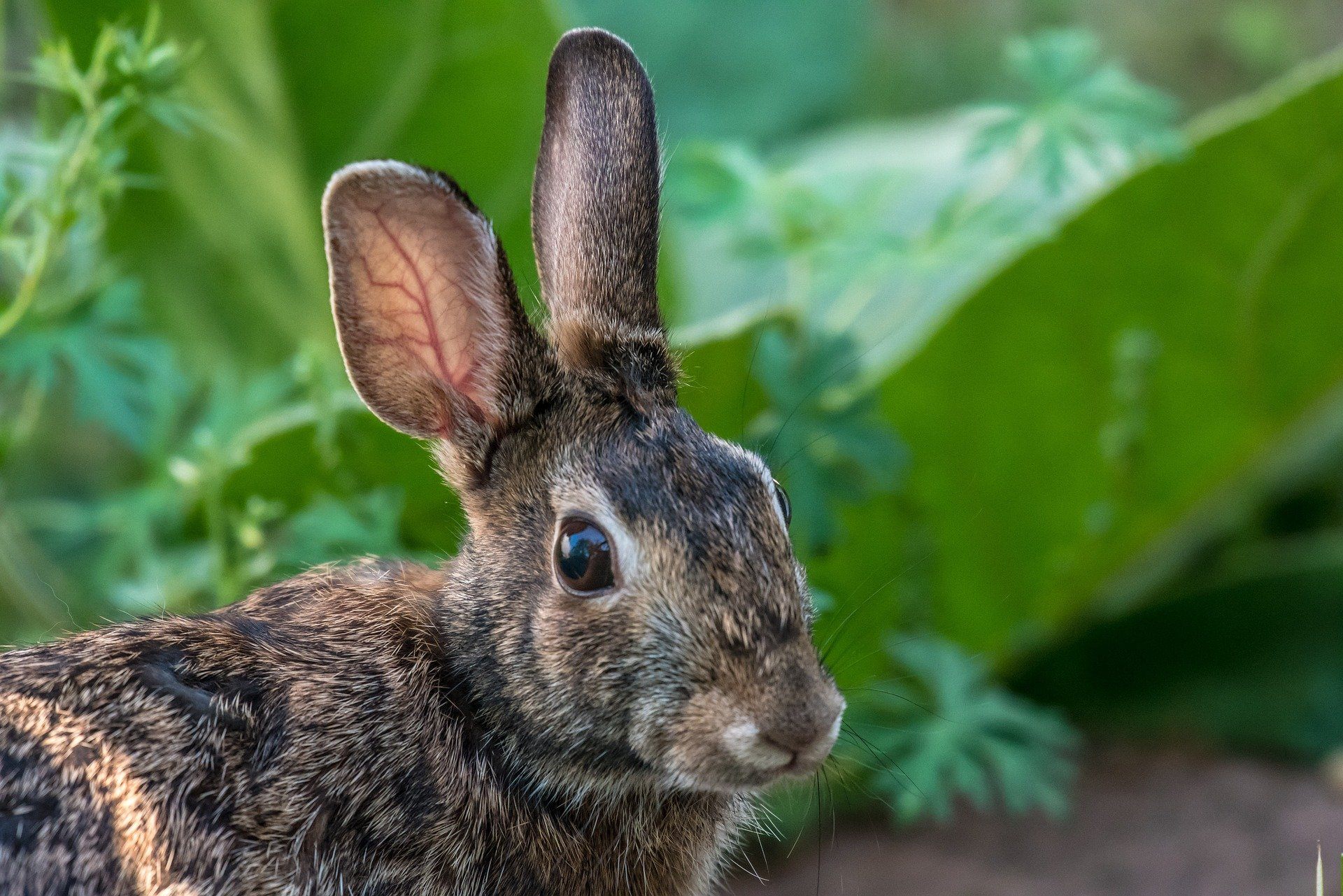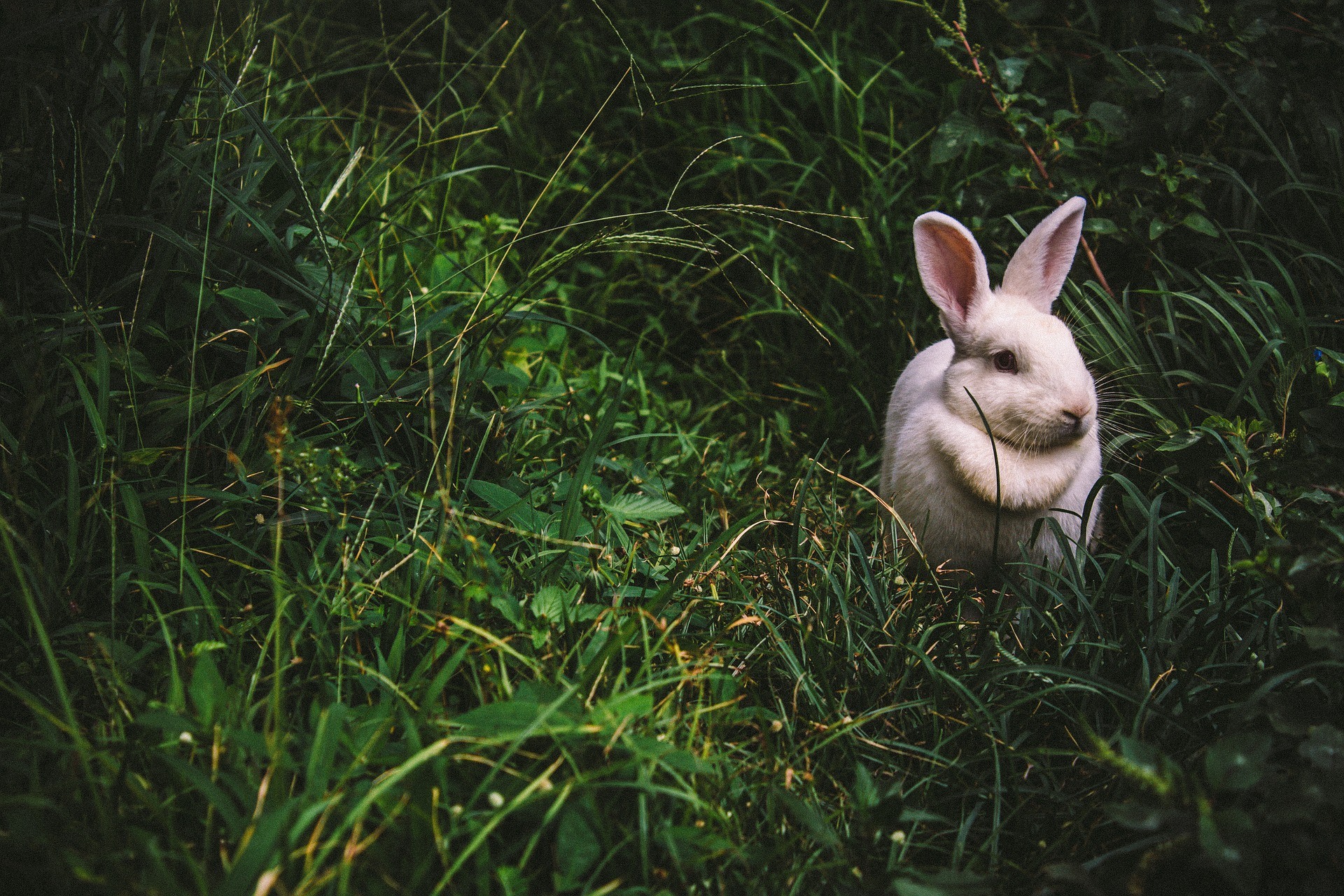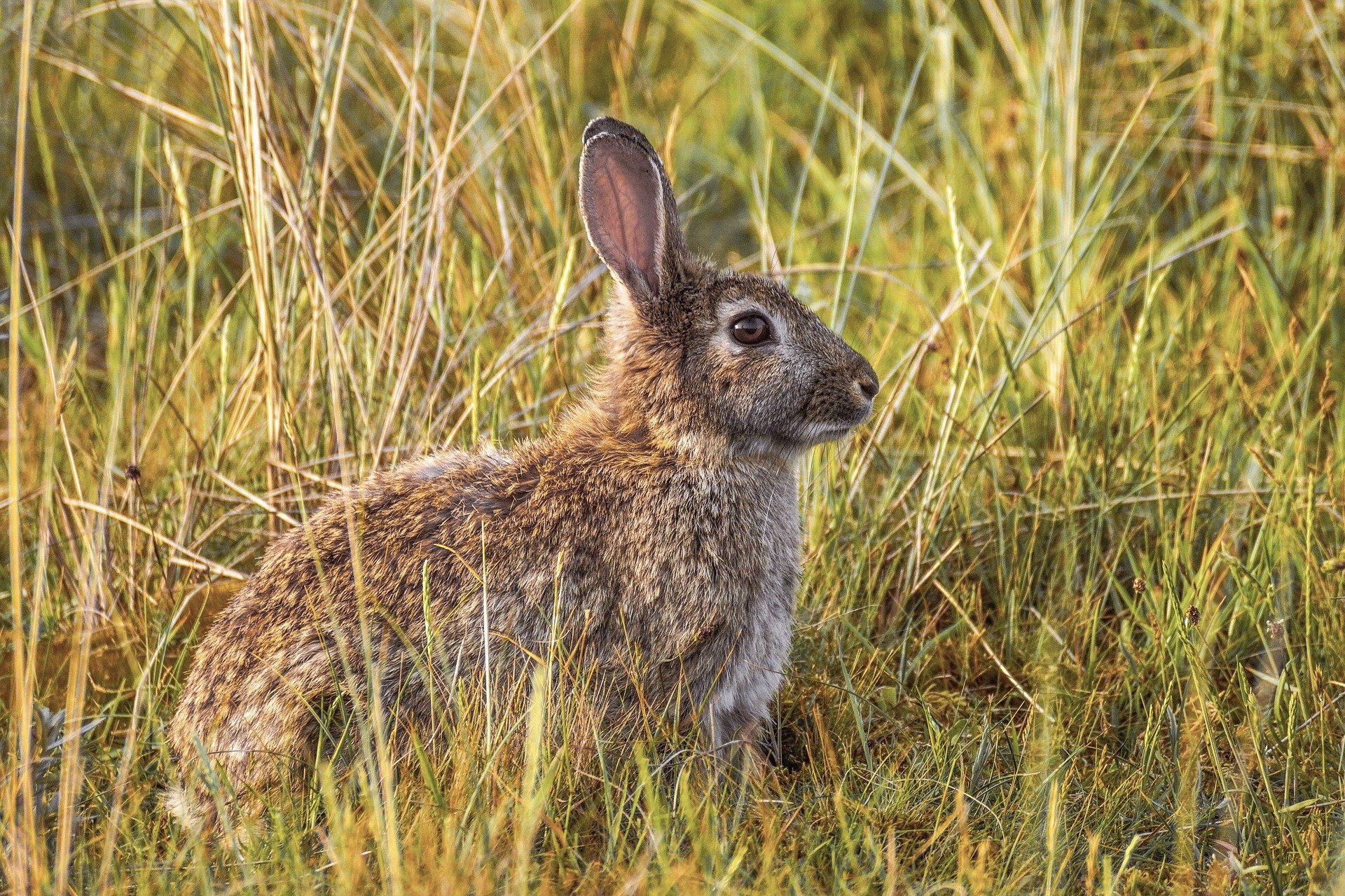What Damage Do Rabbits Cause? Explore the various types of damage rabbits can cause to your garden and property. Learn about the structural issues they can create by burrowing and undermining foundations.
How to keep rabbits out of your garden
Rabbits, especially cottontails, are notorious for seeking out flowers and vegetable gardens. This is particularly true in winter when food sources become scarce. The damage caused by rabbits often increases during snowy periods. Often the layers of snow cover their usual snacks, making flowers and crops much more appealing. Young plants and tender shoots are especially vulnerable, as rabbits are drawn to easy food sources.
Protecting your garden from rabbits is crucial to preserving your plants. There are some effective ways to keep rabbits from causing damage to your garden area. One approach is to use hardware cloth or deer netting to protect your plants. This needs to be buried into the ground to prevent rabbits from digging underneath. Covering young trees and shrubs with guarded, protective covers or tree guards can also deter them.
Another tactic to consider is eliminating brush piles and ground cover near your garden area. Rabbits thrive in places with lots of cover. By reducing these, we can make our gardens less enticing to these furry pests. Fences around your garden can act as a physical barrier to prevent rabbits from gaining access. Raised garden beds are another alternative. You must make it more difficult for rabbits to reach your plants while adding aesthetic appeal.
What Are the Signs of a Rabbit Infestation?
Many people consider rabbits to be adorable house visitors. However, this harmless-looking creature can cause a lot of damage to your house and garden.
They have strong teeth and a massive appetite, which they use to gnaw and eat several kinds of things. These things include crops, flowers, trees, shrubs, and various plant stems.
Besides destroying flower beds and uprooting new plants, rabbits can cause structural damage to your property. For instance, burrows dug by wild rabbits can destabilise houses, outbuildings, and other structures.
They can also chew through electrical wiring and irrigation systems, leading to costly repairs. Protecting your home and garden from rabbits is essential to prevent such damage.
Rabbits often carry a variety of infectious diseases such as Tularemia and Rabbit Haemorrhagic Disease (RHD). These diseases can pose significant risks to both other animals and humans. Tularemia, also known as rabbit fever, can be transmitted through bites, direct contact, or even contaminated water.

Rabbit Haemorrhagic Disease (RHD) is highly contagious among rabbits and can lead to rapid and high mortality rates. You must exercise caution when handling rabbits or their environment.
Always wash your hands thoroughly after contact with them. Ensure proper hygiene to minimise the risk of disease transmission. Consult a vet if you suspect your rabbit is ill. In addition to this, wild rabbits can interbreed with domestic rabbits. This can result in hybrid breeds that may cause genetic problems and changes in local rabbit populations.
It's important to be cautious about contact with wild rabbits. You must ensure that domestic rabbits are kept in secure enclosures to prevent interbreeding and the spread of diseases. This helps maintain healthy rabbit populations and protects pets from potential health risks.

What Damage Can Rabbits Do In Your Home?
Rabbits may look innocent and cuddly, but their antics can stretch further than your garden. If rabbits gain access to your home, they can cause a range of problems. For instance, they might chew on electrical wires, leading to power outages and potential fire hazards.
They can also nibble on wooden furniture, causing damage. Moreover, rabbits can spread diseases and parasites, such as ticks and fleas, affecting both pets and humans. Their droppings may create unsanitary conditions. This contributes to unpleasant odours and the potential spread of bacteria. Rabbits are also known for digging and burrowing. So if they live inside your home or garden, they may cause structural damage to various parts of your house, such as floors and furniture. Rabbits can make wonderful pets under the right circumstances.
Yet, without proper care, they can pass on diseases to humans, such as the bacterial infection known as Pasteurellosis. Additionally, rabbits need a lot of attention and specialised diets to stay healthy. Choosing to neglect these needs can lead to various health problems over time.
Are rabbits a danger to other animals
While rabbits represent a primary food source for foxes, hawks, owls, snakes, and many other fierce predators.
For this reason, they are not usually dangerous to other animals. Yet, rabbits can spread diseases like Rabbit Haemorrhagic Disease (RHD). Such diseases can significantly impact other rabbit populations and some mammals.
Rabbits are known to carry parasites such as fleas and mites. Parasites can be transferred to other animals, leading to health issues.
So, while they are generally not aggressive, the diseases and parasites they carry can pose risks to other wildlife and even pets like cats and dogs.

Rabbits can sometimes cause damage to gardens and crops, which can be difficult for farmers and gardeners. Despite their generally passive nature, understanding their impact on the environment is crucial. They reproduce rapidly, leading to large populations that can overwhelm local flora.
Population control measures are essential to maintain balance and protect your crop and plant life. While not overly aggressive, rabbits may sometimes act defensively if they feel threatened. Male rabbits (bucks) exhibit territorial behaviour, which can cause friction in households with other pets. It’s important to handle rabbits gently and ensure they have their own space. Providing them with toys and regular exercise can also help keep them calm and content.
Providing plenty of hiding spots and understanding their behaviour is key to maintaining a peaceful environment. This helps keep rabbits stress-free and happy. Neutering male rabbits can often reduce territorial instincts. This makes them more sociable with other pets and less likely to harm them. Paying attention to diet and exercise is also crucial for their well-being.
Make sure they have a balanced diet of hay, fresh vegetables, and pellets, supplemented with clean water daily. Regularly engaging them in playtime and allowing them to roam safely will keep them active and mentally stimulated. This all contributes to a healthier, happier rabbit.
Deterring rabbits from your lawn
If you value your lawn, it may be in your best interest to deter rabbits from visiting. An effective way to do so is by reducing their appeal to your outdoor space. Rabbits feed on plants, so consider planting varieties that rabbits find unattractive. By planting these and limiting other ground cover, you can lower the overall temptation. Another method to keep rabbits away is to install fencing around your garden.
Using natural repellents like crushed garlic or chilli powder can make your yard less appealing to rabbits. Ensuring there are no gaps or loose sections in the fence is also crucial for keeping rabbits out. Another effective strategy is to plant rabbit-resistant flowers and vegetables. These can serve as a natural deterrent. A combination of these strategies will provide the best defence against unwanted rabbit visitors. Keep your lawn and garden safe with these simple yet effective solutions. Regular maintenance and attentiveness are key.
Installing fences where you have buried plants or vegetation is another idea. Ensure that the fence is at least one inch into the ground or use a covering-like hardware cloth around all woody plants. Especially do so for young trees and shrub bark, this will help prevent damage caused by rabbits. It is recommended that you check the barriers regularly to ensure they are secure. That way, you can maintain their effectiveness. You may also consider using rabbit repellents or creating a distraction by planting other foods away from your plants.
Are you experiencing a rabbit pest infestation in the Stevenage or surrounding Hertfordshire areas?
If you are worried that your property has a rabbit problem or infestation we can help.

